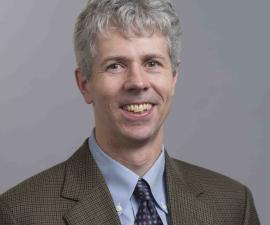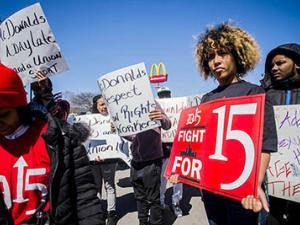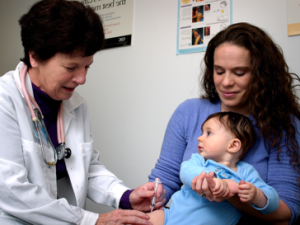

Research Bio
William Dow is a health economist whose research investigates population health, health policy, and economic determinants of well-being. He is best known for evaluating health policy reforms, aging policy, and interventions that reduce health disparities in the United States and developing countries. Dow’s research integrates economics, public health, and population science to understand how social and financial policies influence health outcomes. His work contributes to improving health systems and promoting healthcare access and health outcomes in vulnerable populations.
At Berkeley he is Professor in the School of Public Health and the Department of Demography. He directs UC Berkeley’s NIH-funded Center on the Economics and Demography of Aging, and is a Research Associate at the National Bureau of Economic Research. He previously served as Interim Dean of the UC Berkeley School of Public Health, and as Senior Economist at the White House Council of Economic Advisers. He holds a PhD in economics from Yale University, and teaches health economics and policy analysis, mentoring students in applied health economics and aging research.
Research Expertise and Interest
health economics, global health, economic demography
In the News
What Do the Looming Cuts to Medicaid Really Mean?
Increasing minimum wage, tax credits could stop over 1,200 suicides a year, paper finds
Research initiative launched on health in working families
Cash rewards and counseling could help prevent STIs in rural Africa
Giving out cash can be an effective tool in combating sexually transmitted infections in rural Africa, according to a study which found that people who were offered $60 over 12 months to stay free of STIs had a 25 percent lower prevalence of infections.




